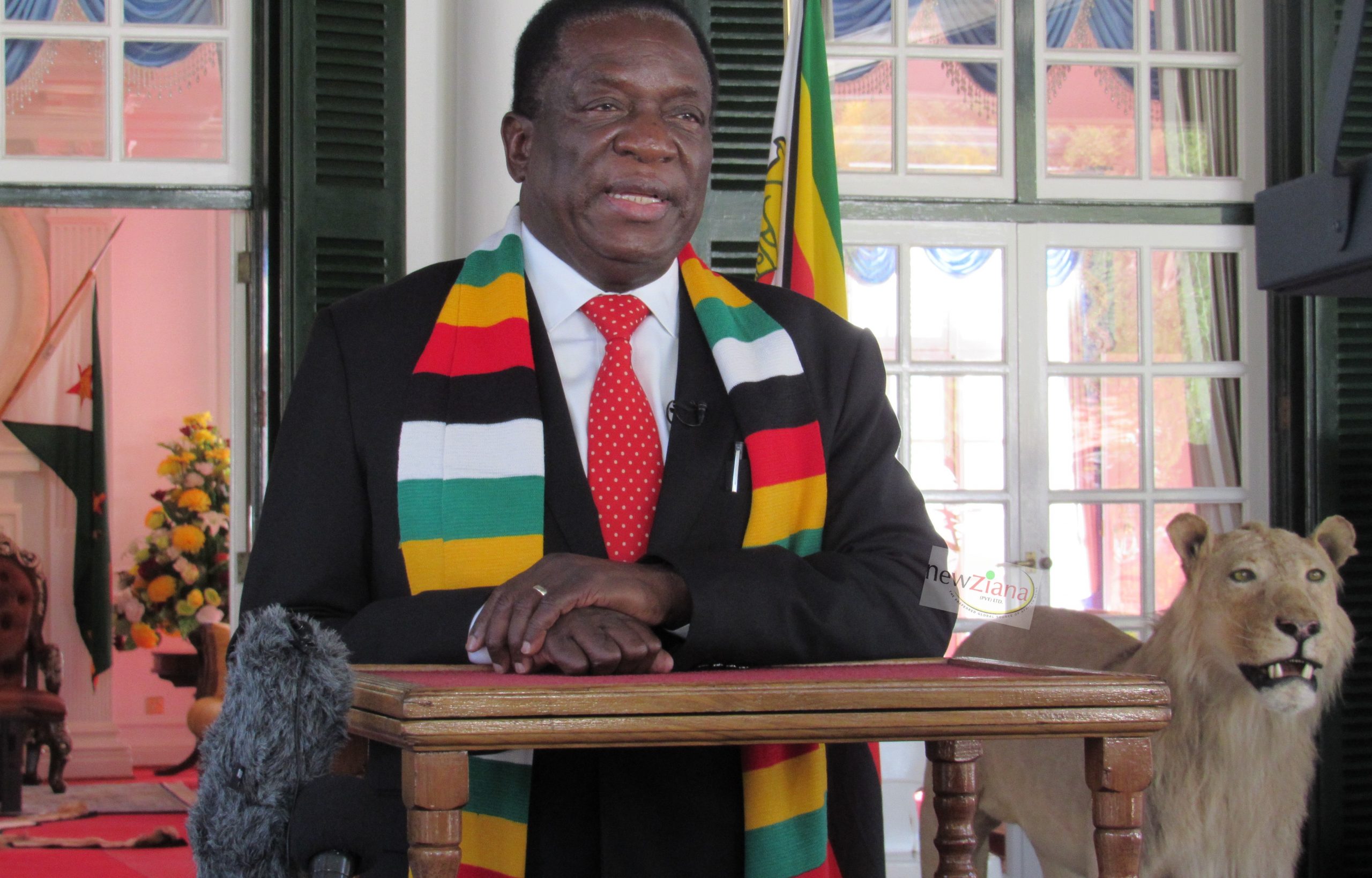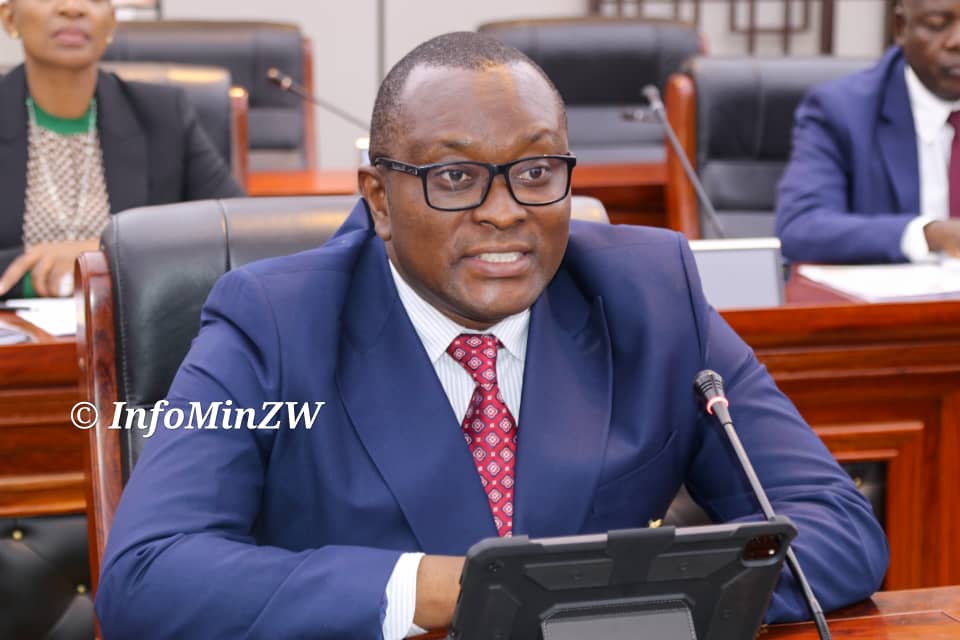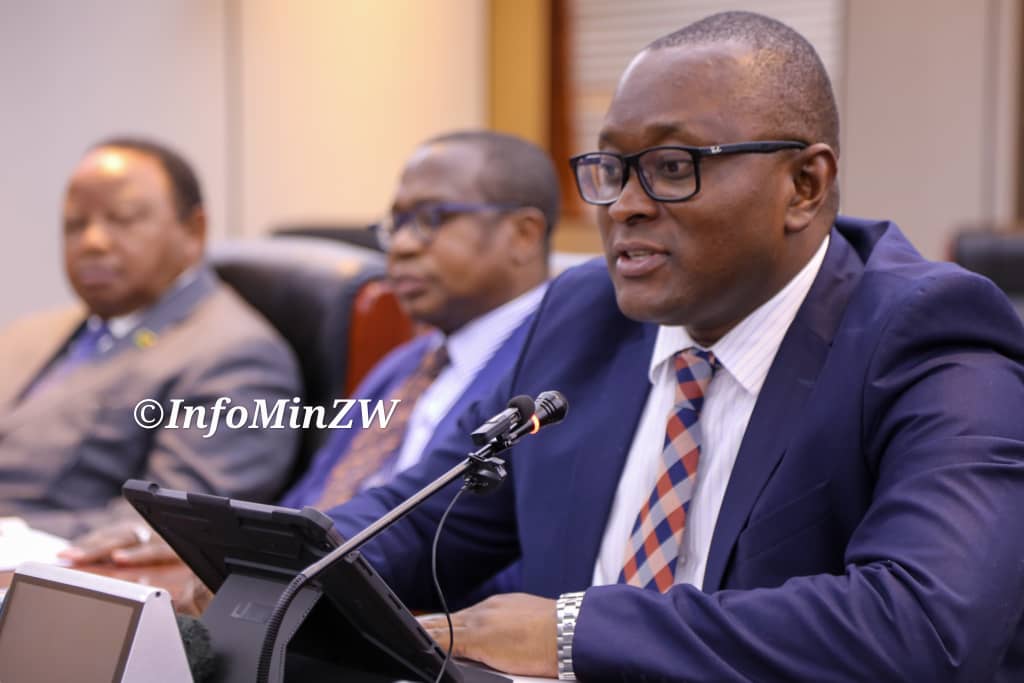Govt forges ahead with devolution program
Share

Harare (New Ziana) – Cabinet on Tuesday approved the Devolution and Decentralization Policy, which empowers provincial and rural district councils to exercise devolved powers.
The devolution program, a constitutional obligation, is largely founded on the principles of empowering provincial councils to spearhead economic and social development projects in their areas by leveraging on local resources.
According to the Constitution, the devolution agenda seeks to, among others, facilitate democratic participation of people in making decisions that will affect them, promote good governance, maintain Zimbabwe as a single and peaceful state and enhance citizens’ participation in the management of local affairs and development.
Information, Publicity, and Broadcasting Services Minister Monica Mutsvangwa said the policy was part of the national development strategy, 2020-2025.
“The Policy establishes the necessary conditions for Provincial and Rural District Councils as well as other lower-tier governance and administrative structures to exercise devolved powers,” she said in her weekly post-Cabinet briefing.
“Most notably, the Devolution and Decentralisation Policy ensures a participative bottom-up approach to development from the village, ward, district, and provincial levels to the national level.”
Mutsvangwa said contributions from provincial and district sectors encapsulated in provincial economic development plans would facilitate the Vision 2030 requirement for provincial and district Gross Domestic Product (GDP) values and their contribution to the national GDP to be specified in the country’s economic indicators.
“In essence, therefore, the national GDP will be the sum total of provincial GDPs,” she said.
“Implementation of the Policy will entail the development of a fiscal distribution formula designed to achieve equitable development in all sub-national tiers of government. Meanwhile, the current five percent of fiscal revenues being availed to the sub-national tiers are subject to program-based funding requirements that are being applied to central government entities by Treasury. Local area programs and projects are already being funded from this fiscal revenue stream.”
She added: “The empowered sub-national entities will be supervised through policies and Acts of Parliament which are consistent with the Constitution. Consequently, some sections of the Constitution will be amended and the enabling legislation aligned to the Constitution.
“The governance structures proposed by the Policy will enhance local governance decision-making and promote the rapid development of local economies through the leveraging of local resources to Fund specific development programs and priorities. Capacity-building is emphasised in order to promote successful implementation of the Policy.”
Meanwhile, Mutsvangwa said Cabinet had also received a presentation from Justice, Legal and Parliamentary Affairs Minister Ziyambi Ziyambi, on the principles to amend and strengthen the Copper Control Act (Chapter 14:06).
She said the upsurge in cases of vandalism and copper theft across the country has necessitated the amendments.
She said the thefts had resulted in the destruction of Zesa, TelOne and National Railways of Zimbabwe infrastructure, loss of revenue as well as lives in some instances.
“The resultant toll on the economy, in general, cannot be overemphasized,” she said.
“The amendments (therefore) seek to institute stiffer penalties in order to curb the theft of copper and related products and thereby safeguard the critical infrastructure. In more detail the Amendment Bill will seek, among other provisions, to criminalise vandalism of equipment and theft of power transmission cables.”
It will also penalise all dealerships without certificates of origin of the copper they deal in.
She said dealing in stolen copper would attract a mandatory sentence of 30 years.
New Ziana








